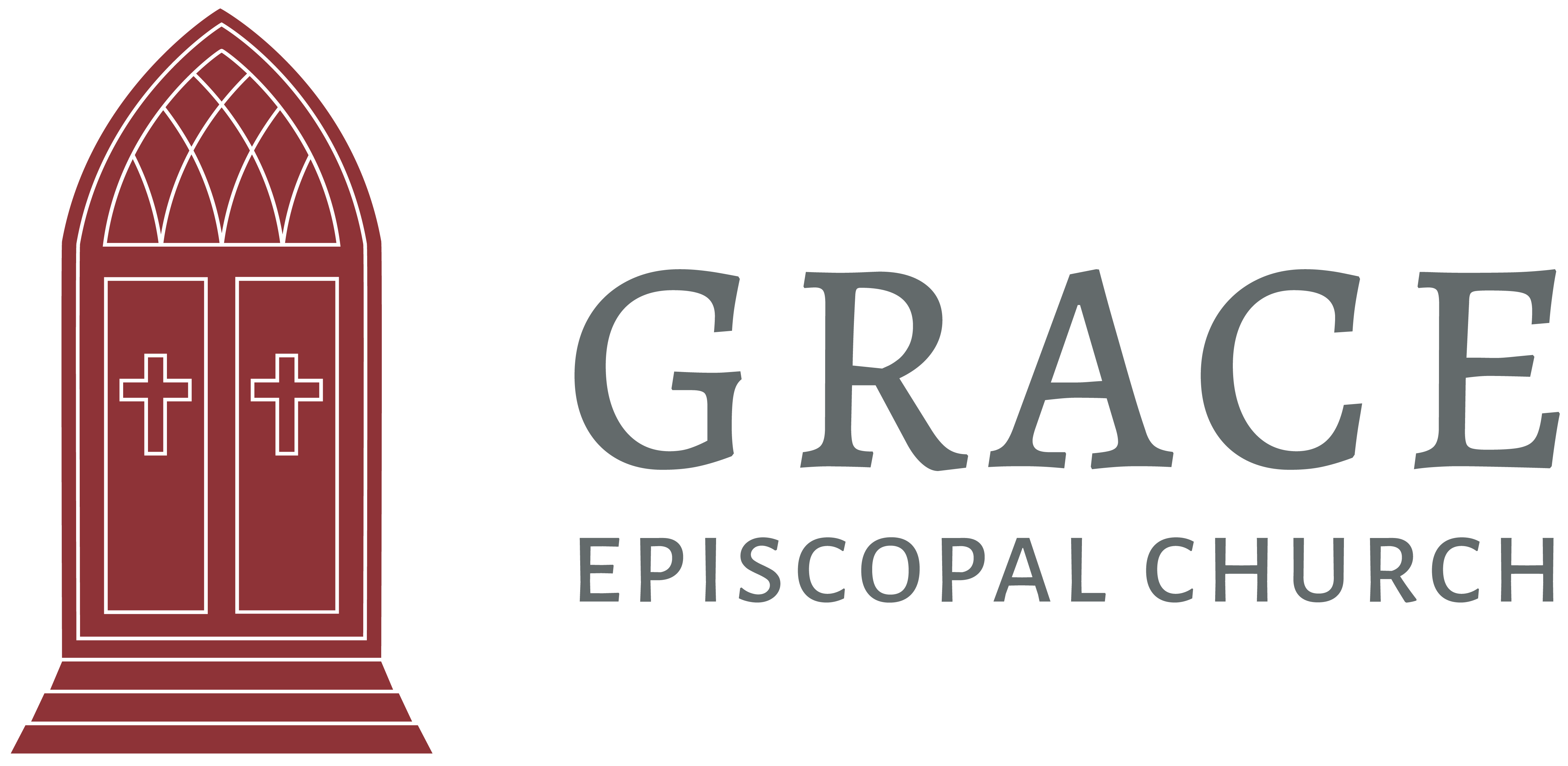Psalm 102; 1 Macc. 4:36-59; Rev. 22:6-13; Matt. 18:10-20
Today’s reading from I Maccabees is one of two descriptions in the Apocryphal books about the Festival of Hanukkah. The other, in II Maccabees, alludes more directly to the miracle (one day’s worth of consecrated oil lasting for 8 full days in the Temple’s new lamps while the High Priest is going through the week-long ritual of consecrating more) which is the reason behind the season. For Christians, this has some immediate significance, because one of the things that was a big deal at the Reformation was what to do with the Apocryphal books like Maccabees, books which aren’t in the Jewish canon of Scripture but are in the Roman Catholic and Orthodox canons. Most Protestants reject them outright, often angrily, while Anglicans and (some) Lutherans cautiously award them second-tier status, useful for manners and morals but not for formulating doctrine. Are you a King James only type? Well, friends, the ONLY translation authorized by King James has a whole section of books like Maccabees, Judith and Sirach right there between the Old and New Testaments–any book without them is not the King James Version, but something masquerading as the same.
And you care because? Because Hanukkah appears only in the Apocrypha. It’s not mentioned in the Old Testament at all. And yet Jesus observes it (John 10). Which is to say, Jesus doesn’t seem to think the Apocrypha are bad at all. He does what they say He should, celebrate Hanukkah. I suspect that He and His followers also did other things that are sanctioned only by the Apocrypha, like pray for the holy dead on the anniversaries of their deaths. That’s a custom mentioned in II Maccabees, same book that talks about the miracle of the oil. I think that the language of the Last Supper narratives is an echo of that, and the evidence is overwhelming that the earliest Christians, the ones closest to our Jewish heritage, kept up the custom not only for the Lord but also for local heroes of the faith (“saints”). It’s something we Anglicans do because it has Apocryphal sanction as an example of good and godly manners and morals, but we don’t formulate doctrines about it–we don’t have teachings that the prayers “do” this or that for the dead, we simply pray for them and move on.
There are other good hints at behavior to be found in the Apocrypha, which include looking for evidence and not just falling for everything you’re told (Bel and the Dragon), using subterfuge and even outright lies to trick evil enemies (Judith, rather handy in cases like WWII), and visiting the doctors and not just the priest when you get sick (Wisdom of Solomon). All of which are really good advice, and none of which are otherwise biblical. So here’s to Hanukkah, which gives us Jesus’ own example to read, mark, learn, inwardly digest and follow the good example of those murky little books “in the middle.”
